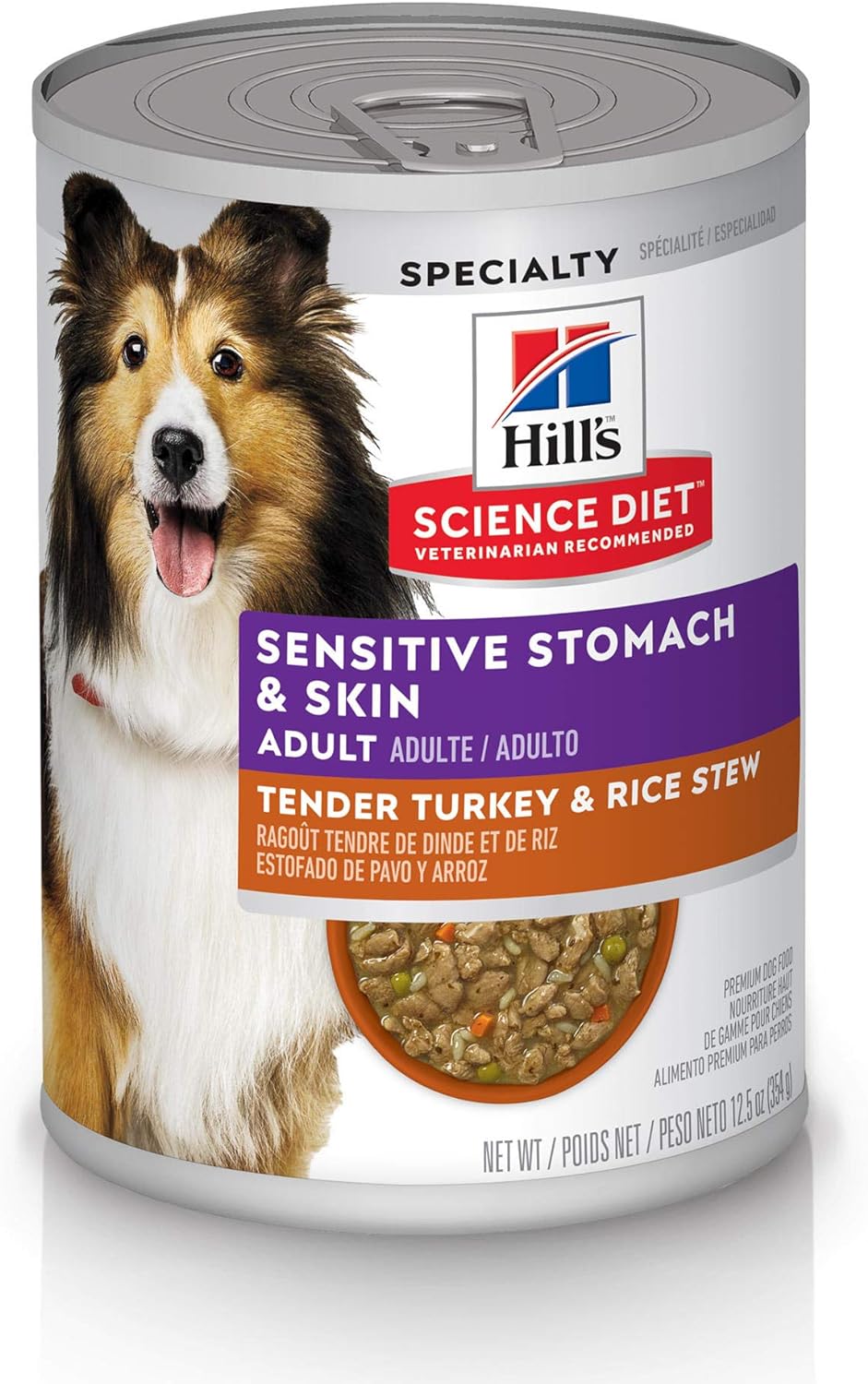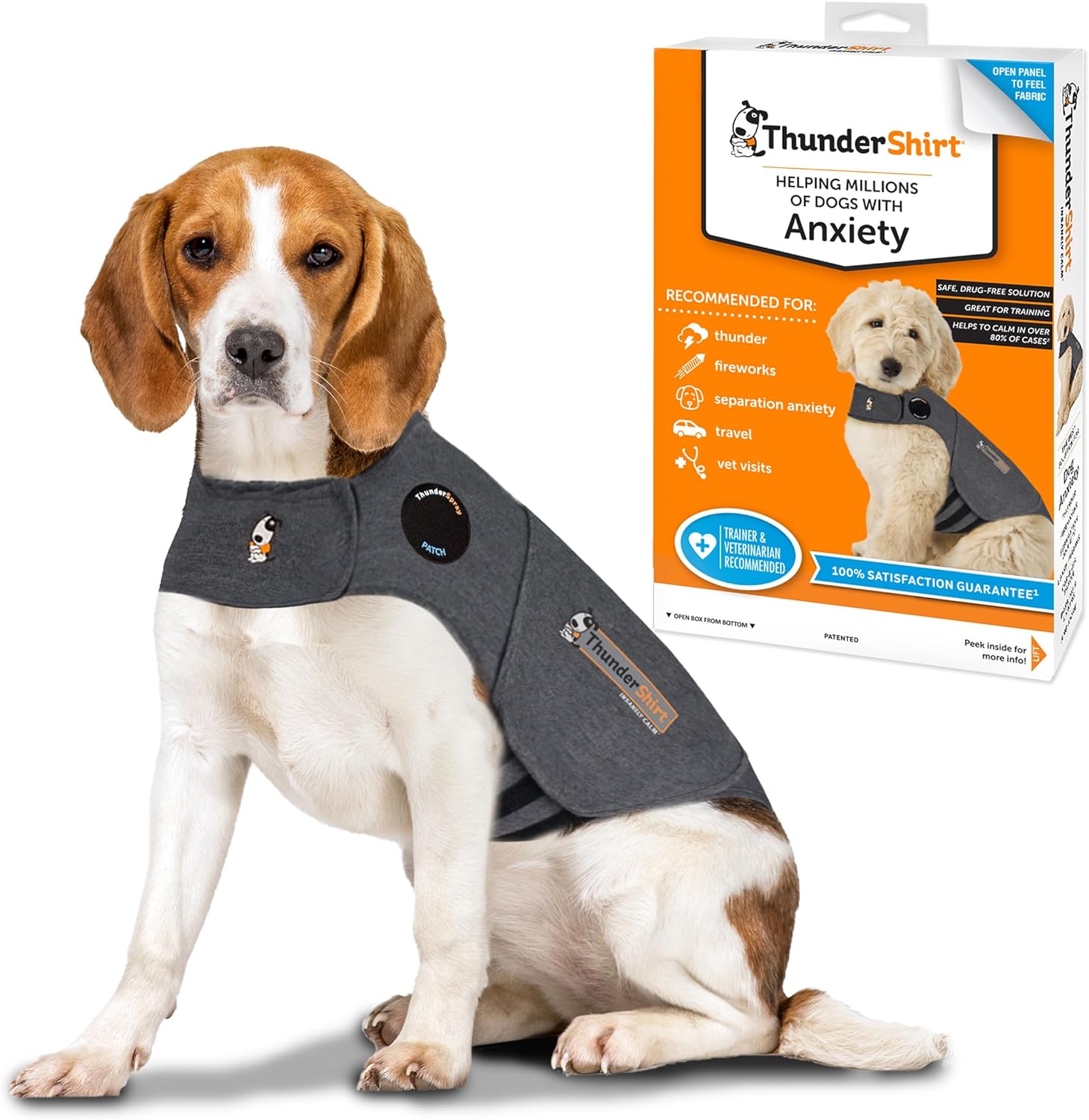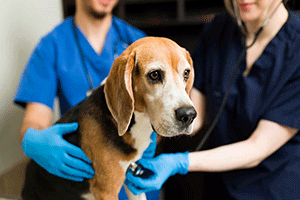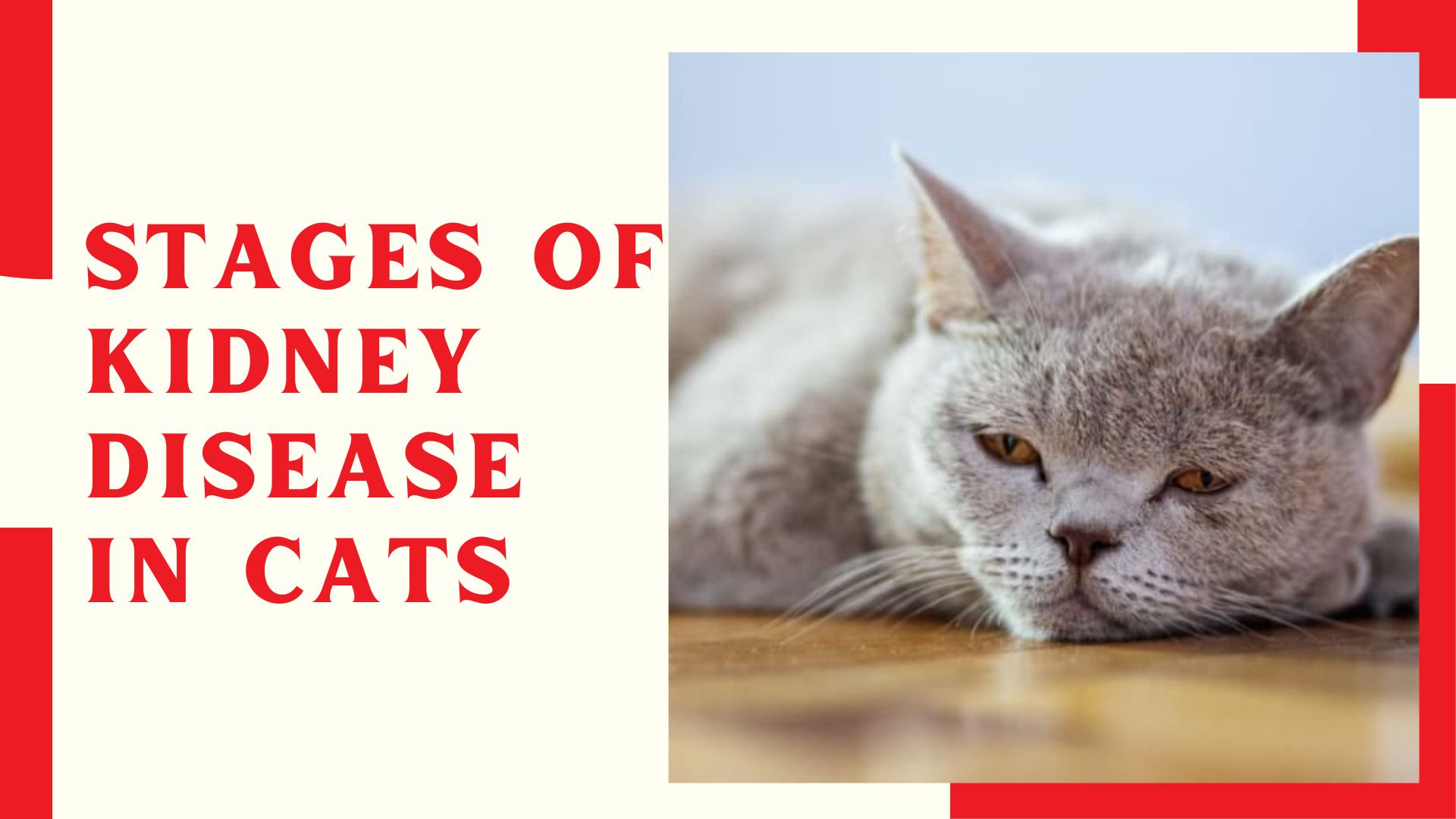A dog's refusal to eat or drink can be alarming and may indicate a range of issues from minor to serious. Understanding the main causes and knowing how to respond can help you address the situation effectively and ensure your pet's well-being.
Related Products You Might Like

Wet Dog Food

Dog Anxiety Treatment
"(Paid Links)" 
Potential Causes for Refusal to Eat or Drink
Health Issues:
Illnesses such as gastrointestinal problems, dental issues, infections, or chronic diseases can cause a loss of appetite and reluctance to drink.
Stress and Anxiety:
Changes in the surroundings, schedule, or introduction of new individuals or animals can lead to stress, resulting in decreased food consumption and fluid intake.
Dietary Changes:
Sudden changes in diet or feeding schedule can disrupt your dog's eating habits.
Pain and Discomfort:
Pain from injuries, arthritis, or internal issues can make it difficult or uncomfortable for your dog to eat or drink.
Age:
Older dogs may experience decreased appetite and thirst due to age-related conditions.
Immediate Steps to Take
Assess the Situation:
It's important to look for any clear indications of sickness or injury. Notice any signs like throwing up, having loose stools, being overly tired, or showing physical discomfort.
Offer Tempting Food and Water:
Try offering your dog's favorite food or treats and ensure fresh water is always available. Sometimes, adding a little chicken broth to their water can encourage drinking.
Monitor Closely:
Keep a close eye on your dog's behavior and intake over the next 24-48 hours. Note any changes or additional symptoms.
When to Seek Veterinary Care
If your dog refuses to eat or drink for more than 24 hours, it's crucial to seek veterinary care. Prolonged refusal can lead to dehydration and worsening of underlying health conditions. Immediate veterinary attention is necessary if your dog shows any of the following:

Veterinary Diagnosis and Treatment
At the vet, a thorough examination will be conducted to identify the underlying cause. This may include physical exams, blood tests, x-rays, or ultrasounds. Based on the diagnosis, the vet will recommend an appropriate treatment plan, which may include:
Medication:
Antibiotics, pain relievers, or other medications to treat infections, pain, or chronic conditions.
Dietary Adjustments:
Special diets or feeding techniques to address specific health issues.
Hydration Therapy:
Intravenous or subcutaneous fluids to prevent dehydration.
Surgery:
In cases of severe injury or conditions like intestinal blockages, surgery may be necessary.
Home Care and Prevention
Once the immediate issue is addressed, follow these tips to encourage regular eating and drinking:
Consistent Feeding Routine:
Maintain a regular feeding schedule with appropriate portion sizes.
Healthy Diet:
Provide a balanced diet that meets your dog's nutritional needs. Avoid sudden changes in diet.
Reduce Stress:
Minimize changes in the environment and routine to reduce stress.
Regular Vet Check-ups:
Regular veterinary visits can help catch potential health issues early.
Monitor Behavior:
Monitor your dog's eating and drinking habits, and consult your vet if you notice any changes.
Conclusion
A dog's refusal to eat or drink is a cause for concern and should be addressed promptly. Understanding the potential causes and taking appropriate steps can help ensure your dog's health and well-being. Regular veterinary care and a stable, loving environment are key to keeping your dog happy and healthy.



